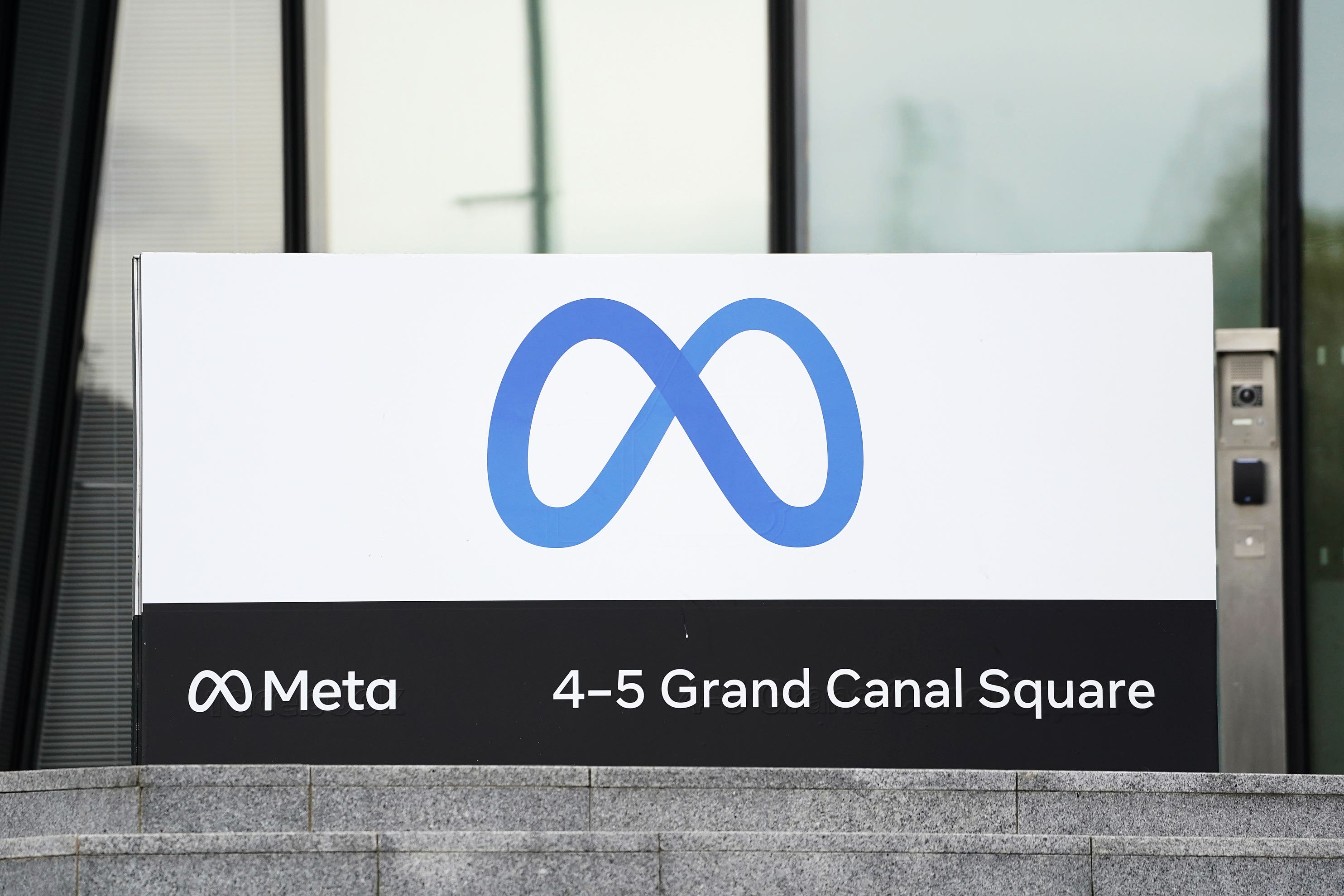Latest open source AI models ‘world’s largest and most capable’, says Meta
The tech giant said its new Llama 3.1 model had ‘state-of-the-art capabilities’.

Your support helps us to tell the story
From reproductive rights to climate change to Big Tech, The Independent is on the ground when the story is developing. Whether it's investigating the financials of Elon Musk's pro-Trump PAC or producing our latest documentary, 'The A Word', which shines a light on the American women fighting for reproductive rights, we know how important it is to parse out the facts from the messaging.
At such a critical moment in US history, we need reporters on the ground. Your donation allows us to keep sending journalists to speak to both sides of the story.
The Independent is trusted by Americans across the entire political spectrum. And unlike many other quality news outlets, we choose not to lock Americans out of our reporting and analysis with paywalls. We believe quality journalism should be available to everyone, paid for by those who can afford it.
Your support makes all the difference.Meta has unveiled what it believes to be the “world’s largest and most capable openly available (AI) foundation model” to take on the likes of ChatGPT and Google’s Gemini.
The parent company of Facebook, Instagram and WhatsApp says its new Llama 3.1 model has “state-of-the-art capabilities” in a range of topics including general knowledge, mathematics and “multilingual” translation.
As a result, Meta says this update to Llama is the company “ushering in a new era” by launching a model it says can match or exceed its closed source large language model (LLM) rivals, such as OpenAI’s ChatGPT.
Now, we’re ushering in a new era with open source leading the way. We’re publicly releasing Llama 3.1 405B, which we believe is the world’s largest and most capable openly available foundation model
“Until today, open source large language models have mostly trailed behind their closed counterparts when it comes to capabilities and performance,” Meta said in a blog post on its latest update.
“Now, we’re ushering in a new era with open source leading the way. We’re publicly releasing Llama 3.1 405B, which we believe is the world’s largest and most capable openly available foundation model.
“With more than 300 million total downloads of all Llama versions to date, we’re just getting started.”
The technology and social media giant confirmed the new models would be available to download starting on Tuesday.
Meta said its new generation of Llama models were “competitive” in testing against a number of flagship rival models, including OpenAI’s GPT-4 and GPT-4o, as well as Anthropic’s Claude 3.5 Sonnet.
Generative AI has become the key technology battleground since OpenAI first introduced ChatGPT, its virtual assistant and chatbot, in late 2022.
Since then, every major tech firm has announced their own move into the space, whether it be by building their own foundation models which power the technology, creating their own AI products, or doing both.
For its own latest launch, Meta said Llama 3.1 also had the ability to carry out synthetic data generation, meaning it can create data to be used to improve and train other, smaller AI models, a capability it said had never been achieved on such a scale in an open source model.